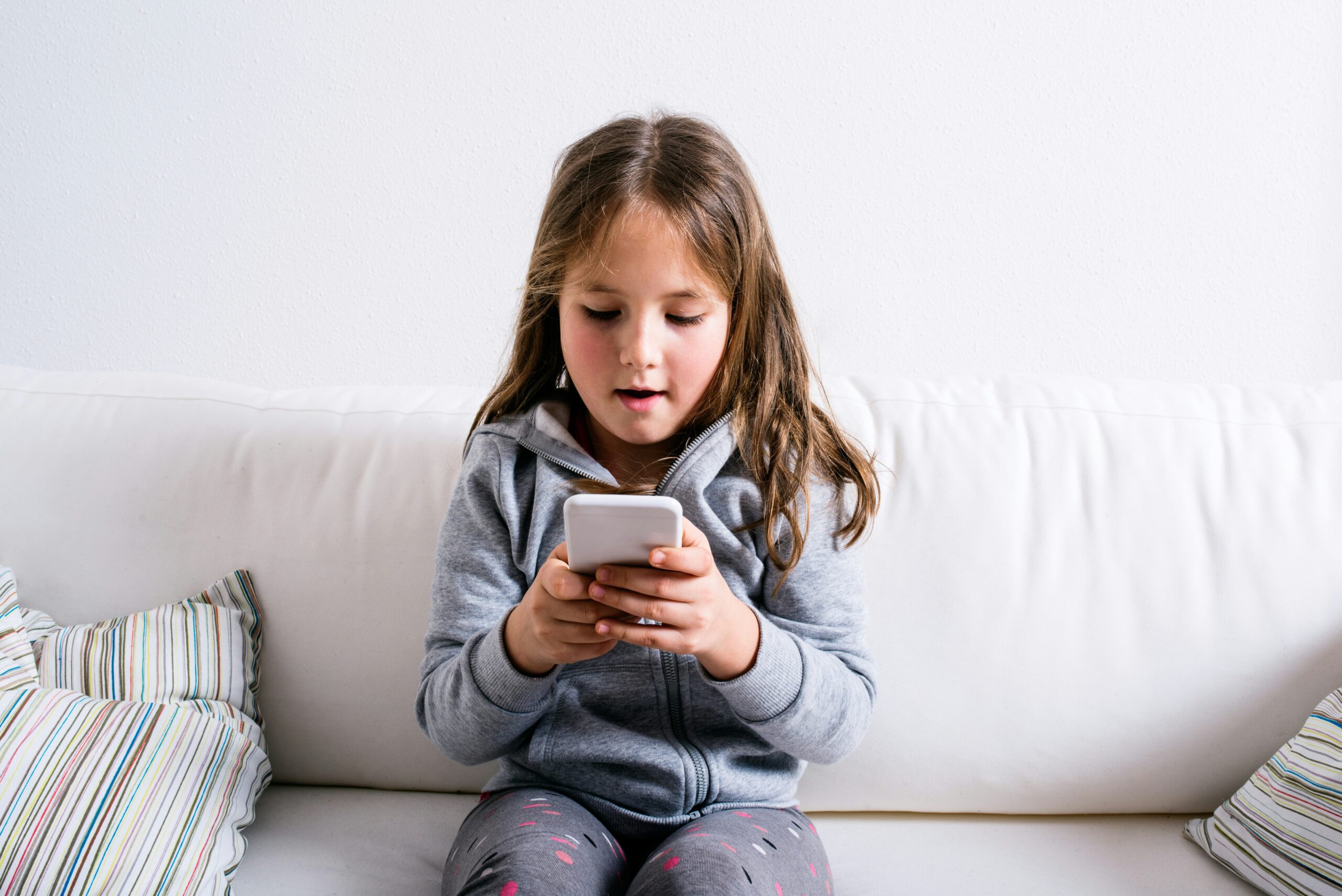
Screen Time and its Effects on Child Development
As technology becomes increasingly integrated into daily life, understanding the impact of screen time on child development is essential for parents and caregivers.
The Growing Influence of Screens
With the proliferation of digital devices, children today are exposed to more screens than ever before. From educational tablets to television, the variety of screens available can be both beneficial and detrimental to a child’s development. The key lies in understanding how these devices impact children and what limits should be set.
Understanding the Impact
According to a study by the American Academy of Pediatrics, excessive screen time has been linked to a range of developmental issues, including attention problems, obesity, and sleep disturbances. Dr. Michael Rich, a pediatrician specializing in media effects, notes that “moderation and mindful use of screens can turn potential negatives into positives.”
For example, while educational apps can enhance learning, they should not replace traditional play and interaction. A balanced approach is necessary to ensure that screen time supports healthy development.
Statistics on Screen Time
| Age Group | Average Daily Screen Time | Recommended Limit |
|---|---|---|
| 0-2 years | 1 hour | No screen time |
| 2-5 years | 2 hours | 1 hour |
| 6-12 years | 4 hours | 2 hours |
| 13-18 years | 7 hours | 3 hours |
Real-Life Example
Consider the case of Audrey, a mother of two, who noticed her children’s behavior changing with increased screen time. “They became more irritable and less interested in outdoor play,” she shared. By setting clear boundaries and encouraging screen-free activities, Audrey saw a positive shift in her children’s behavior and engagement.
Actionable Tips for Managing Screen Time
- Set clear limits on daily screen time according to age recommendations.
- Encourage regular breaks to reduce eye strain and promote physical activity.
- Engage in screen-based activities together to make viewing more interactive.
- Promote screen-free zones in the home, such as bedrooms and dining areas.
Encourage your child to engage in creative play, which can be as simple as drawing or as involved as building a fort. This not only reduces screen time but also enhances cognitive and social skills.
Frequently Asked Questions
Is all screen time bad for children?
Not necessarily. Educational content and interactive apps can be beneficial when used in moderation and with parental guidance.
How can I tell if my child is spending too much time on screens?
Watch for signs like irritability, difficulty sleeping, or a lack of interest in non-screen activities. These may indicate excessive screen use.
Conclusion
Screen time is an integral part of modern childhood, and its impact on development is multifaceted. By setting appropriate limits and encouraging balanced activities, parents can ensure that screens enhance rather than hinder their child’s growth. For more information on managing screen time effectively, consider resources from reputable child health organizations.